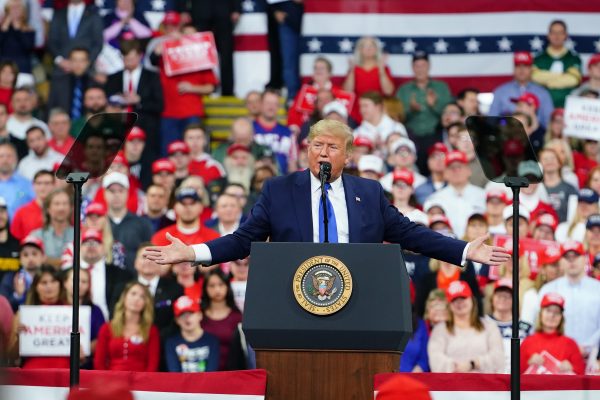The first former US president to face criminal charges, Trump for much of this year faced four simultaneous prosecutions, over allegations ranging from his attempt to cover up a hush money payment to porn star Stormy Daniels during his 2016 campaign to his attempts to overturn his 2020 election defeat. A New York jury in May found him guilty of falsifying business records tied to the Daniels payment, making him the first former US president convicted of a felony.
Trump, a Republican, told an interviewer on October 24 that he would fire US Special Counsel Jack Smith – who led the federal prosecutions over his attempts to overturn his election defeat and retention of classified documents after leaving office – “within two seconds” of being sworn in.
Trump pleaded not guilty to all charges and cast the prosecutions as politically motivated.
“The American people have heard these Democrat prosecutors’ cases against President Trump, and they’re still going to elect him anyway,” said Mike Davis, the founder of the Article III Project, a conservative legal advocacy group.

While Trump as president will have the authority to fire Smith and shut down the federal cases against him, he will not have the same control over the New York hush money case or Georgia’s prosecution of him for trying to overturn his 2020 loss in that state. But his unique role as president makes it unlikely he will face legal consequences in either case during his term in office.

 By South China Morning Post | Created at 2024-11-06 14:37:19 | Updated at 2024-11-06 16:30:20
2 hours ago
By South China Morning Post | Created at 2024-11-06 14:37:19 | Updated at 2024-11-06 16:30:20
2 hours ago







